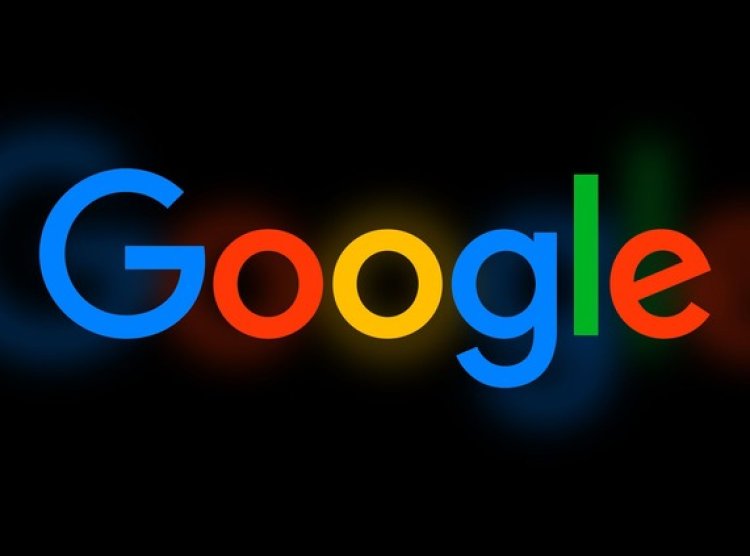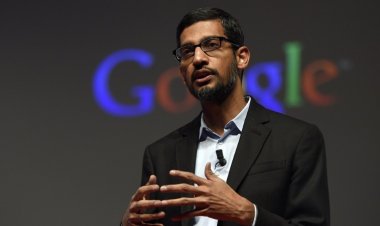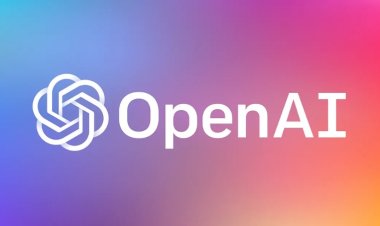Google Ends Continuous Scrolling, Reshaping Advertising and Search Strategies
Google's return to paginated search results impacts advertisers, users, and emphasizes AI-driven search enhancements for more relevant, user-friendly experiences.

Google is set to revert its continuous scrolling feature, which was introduced to mobile Search Engine Results Pages (SERPs) in October 2021 and later to desktops in December 2022. This move marks a return to paginated search results, reshaping the landscape for advertisers and marketers who have adapted to the wide, scrolling SERP format.
Impact on Advertisers and Marketers
The rollback of continuous scrolling means advertisers will no longer have the extensive space they previously enjoyed for embedding their ads. Continuous scrolling provided a vast digital real estate, increasing the chances of ads being clicked by users as they scrolled. With 8.55 billion searches per day, the potential for ad impressions was significant. However, this change will push advertisers to focus on securing top positions on the first page, as users are less likely to venture beyond it.
Preetham Venkky, Chief Digital Officer at DDB Mudra Group, suggests that Google's decision could stem from recent criticisms about the diminishing relevance of search results, with users often encountering sponsored ads before finding their desired information. Continuous scrolling was seen as an attempt to mimic social media platforms like TikTok and Instagram, but the feature didn't translate well to the search engine context, where accurate information is paramount.
Ishan Chaki, Google Media Buying Manager at Adbuffs, notes that while continuous scrolling increased impressions for websites on the second or third pages, the overall impact was minimal. SEO professionals have always prioritized ranking on the first page for organic growth, a strategy that will remain crucial with the return to paginated results.
The Role of AI in Google's Search Experience
Google's new AI-powered Search Generative Experience (SGE) also plays a role in this shift. SGE offers summaries of search queries at the top of the page, which can be easily bypassed with infinite scrolling. To ensure SGE's prominence, a structured page with a clear end is necessary. This aligns with Venkky's observation that users naturally return to the top of the page after reaching the bottom, reinforcing the importance of the SGE results.
Abhishek Upadhya, VP of Strategy & Media at HiveMinds, points out that Generative AI overviews will become a staple in Google's SERP. This hybrid structure will gradually reduce the significance of the traditional '10 blue links,' as more users prefer quick answers from the AI-generated summaries. New ad products, such as Sponsored AI overview links, may emerge as a result.
Strategic Adjustments for Advertisers
The end of infinite scroll means users will revert to traditional search behaviors, focusing more on the first page of results. Ashutosh Nagare, VP - Head of Performance Marketing at Interactive Avenues, suggests that advertisers will need to bid aggressively to secure top positions, potentially leading to higher cost-per-click (CPC) rates but also to a more positive user experience and higher click-through rates (CTRs).
With the rollback, maintaining a presence on the first page is more critical than ever. Many believed continuous scrolling would benefit organic results over paid ads, but this remains debatable. Chaki predicts a reduction in bottom-of-page and second-page ad impressions, increasing the value of top-of-page real estate.
The Need for a Revamped Search Experience
There is a growing perception that Google's search page needs a revamp. Some users are migrating to other AI-powered platforms, seeking more relevant results. Venkky emphasizes that Google must provide relevant results and unique insights, combining the benefits of AI with traditional search functionalities.
In conclusion, the rollback of continuous scrolling on Google SERPs will require advertisers to adapt their strategies, focusing on top-page positions and leveraging AI-driven tools. This change aims to enhance the user experience by prioritizing relevant information and reducing selection paralysis, ultimately redefining how users interact with Google's search platform.

 Sumit Rawat
Sumit Rawat 










